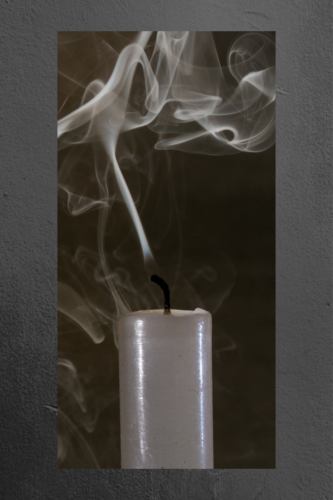 I didn’t think I’d spend my Friday morning deeply contemplating the similarities between death and divorce. But that’s what happened…
I didn’t think I’d spend my Friday morning deeply contemplating the similarities between death and divorce. But that’s what happened…
After yoga class, I scanned my Instagram feed and found a screen shot posted by Hello Divorce. The image featured comments from a Facebook post, and the authors clearly do not approve of ending a marriage. In the comments under the image, Modern Split chimed in to say that they too have been criticized for their work. I can relate as well. It’s not uncommon for those of us who work in the divorce field to come under fire from those who think we should help to save marriages instead of end them. Modern Split suggested one response to such an attack: “Maybe all morticians should have become doctors instead.”
I love that. I freaking love it so much!
And it made me think. Now, I’m no stranger to the general idea that divorce is in fact a sort of death. But this time, I considered the parallels between divorce and literal death…
- Each can come as an unpleasant (to say the least) surprise.
- Or the incident might be anticipated long before the final farewell.
- Different people handle them differently.
- Outsiders can’t truly understand.
- Both can be expensive.
- Both can be planned for ahead of time.
- Each involves emotional as well as legal matters.
- Both spark sadness and usher in the Stages of Grief.
- Yet, there are times when, after much suffering, the event comes as a relief.
- Each presents a unique invitation for reflection and celebration.
- Both mark a massive change for everyone involved.
- Peace is the intended outcome.
- And, for those still standing in the aftermath, life goes on.
Those who work in the field of death or divorce have to be specially skilled and sensitive shepherds for those they assist. It’s imperative that such professionals be fiercely compassionate while possessing knowledge of a bigger picture.
It’s not easy work. Most of the population prefers to look away.
Yet, death and divorce leave families in desperate need. And some of us feel called to help. To ease the struggle and honor the pain. To assist and encourage during a time of upheaval, isolation and transition. Whether it’s choosing loved one’s caskets or helping divorcees seek counselling.
In both cases, there are some who take advantage, but they are the exception. For the most part, those who work in death and divorce perform a respectable, not shameful, service.
